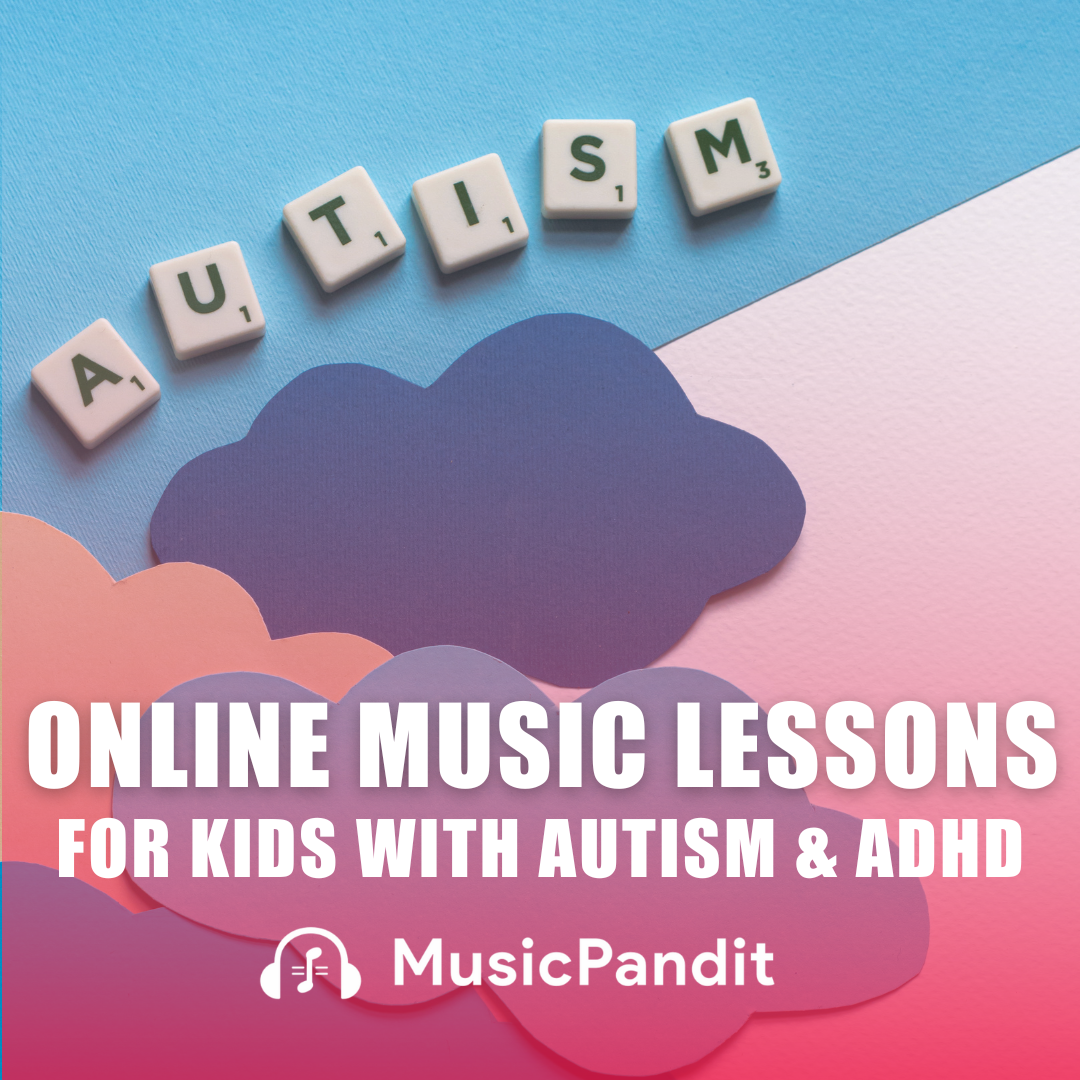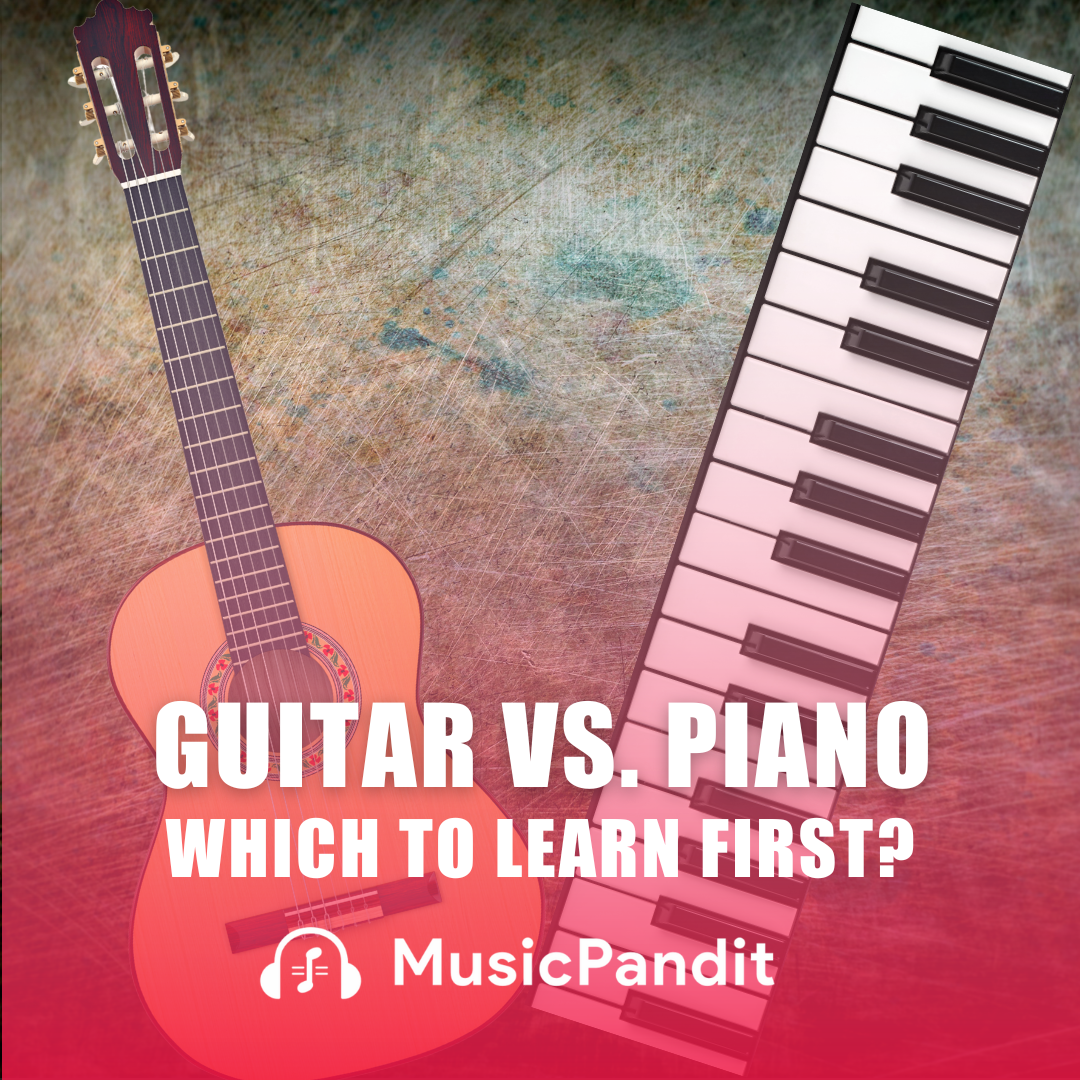Music has been an integral part of human culture for centuries, serving as a source of entertainment, expression, and connection. Beyond its cultural significance, music plays a vital role in mental health, particularly in children. Engaging with music—whether through listening, singing, or playing instruments—can profoundly impact a child’s emotional and psychological well-being.
This comprehensive guide explores how music benefits your child’s mental health and offers practical tips for parents and music enthusiasts to incorporate music into children’s lives.
The Psychological Impact of Music on Children
Music influences children’s emotions and behaviors from a young age. Studies have shown that music can reduce stress and anxiety, promote well-being, and aid in healthy child development.
Emotional Expression and Regulation
Music provides children with a non-verbal medium to express complex emotions. Through music, children can convey feelings they might not yet have the words for, facilitating emotional release and understanding. This form of expression is particularly beneficial for children who find it challenging to articulate their emotions verbally.
Stress Reduction and Relaxation
Listening to calming music can lower cortisol levels—the body’s primary stress hormone—helping children relax and reduce anxiety. Incorporating soothing music into daily routines, such as bedtime, can create a peaceful environment conducive to relaxation and sleep.
Mood Enhancement
Upbeat and cheerful music can elevate a child’s mood by increasing the production of serotonin and adrenaline, hormones associated with happiness and energy. Introducing lively music during playtime or household activities can make routines more enjoyable and boost overall mood.
Suggested Read: Role of Music in Impacting the Society
Cognitive Benefits of Music Engagement
Engaging with music goes beyond emotional well-being; it also enhances cognitive development in children.
Improved Memory and Attention
Learning to play an instrument or engaging in musical activities can enhance a child’s memory and attention span. The process of reading music, memorizing notes, and coordinating movements requires concentration and practice, strengthening cognitive abilities over time.
Language Development
Music exposure, especially songs with lyrics, can aid in language acquisition by improving vocabulary, pronunciation, and comprehension. Singing along to songs encourages children to practice new words and sounds, supporting their speech and language development.
Enhanced Learning Abilities
Music has been shown to prime the brain for learning, helping children develop essential skills such as reading and speaking while building memory and attention.
Social Benefits of Musical Activities
Participating in musical activities can significantly impact a child’s social development.
Building Social Skills
Group music activities, such as choirs or bands, teach children essential social skills like cooperation, listening, and turn-taking. Working together to create music fosters a sense of community and teamwork.
Enhancing Self-Esteem and Confidence
Mastering a musical piece or performing in front of others can boost a child’s self-esteem and confidence. Positive reinforcement from peers and adults during musical activities encourages a sense of achievement and self-worth.
Promoting Social Connectedness
Music serves as a catalyst for social connection, breaking down barriers and bridging divides. Engaging in music programs can enhance prosocial behavior and promote social connectedness.
Suggested Read: Music and Emotions – Does Music Help Emote Better?
Therapeutic Applications of Music
Music therapy is a recognized therapeutic approach that utilizes music to address various mental health needs in children.
Music Therapy for Emotional and Behavioral Issues
Music therapy can help children learn to communicate their needs and feelings, relate to others, and build self-esteem. It is particularly effective for children with emotional and behavioral issues, providing a safe space for expression and growth.
Supporting Children with Special Needs
For children with special needs, music therapy can improve social interactions, communication skills, and emotional expression. The structured yet creative nature of music provides an alternative avenue for learning and connection.
Reducing Symptoms of Mental Health Disorders
Music interventions have been found to positively impact mood and reduce symptoms of anxiety and depression in children. Incorporating music into therapeutic settings can enhance traditional treatments and provide additional coping mechanisms.
Practical Ways to Incorporate Music into Your Child’s Life
Integrating music into your child’s daily routine doesn’t require formal training or expensive instruments. Here are practical ways to introduce music to your child:
Create a Musical Environment at Home
Play Background Music: Have a variety of music playing softly in the background during daily activities to expose your child to different genres and rhythms.
Sing Together: Singing songs during routines like bath time or car rides makes activities enjoyable and encourages bonding.
Provide Simple Instruments: Instruments like tambourines, maracas, or keyboards allow children to explore sounds and create music spontaneously.
Encourage Participation in Music Classes
Enroll in Group Lessons: Group music classes offer social interaction and collaborative learning experiences.
Consider Private Lessons: If your child shows interest in a particular instrument, private lessons can provide personalized instruction and skill development.
Utilize Music for Emotional Support
Create Playlists for Different Moods: Curate playlists that can help your child relax, feel energized, or process emotions.
Encourage Musical Expression: Allow your child to create their own songs or rhythms as a form of self-expression.
Choosing Appropriate Music for Your Child
Selecting suitable music is crucial to maximize its benefits on your child’s mental health.
Age-Appropriate Content
Ensure the music’s lyrics and themes are appropriate for your child’s age and maturity level. For younger children, opt for songs with simple, positive messages.
Cultural and Personal Relevance
Introducing music that resonates with your child’s cultural background or personal preferences fosters a deeper connection. Songs that reflect their heritage or favorite themes make music more meaningful and enjoyable.
Balance Between Active and Passive Listening
Encourage a mix of active listening—where your child pays close attention to the music—and passive listening, where music plays in the background. Active listening promotes focus and appreciation, while passive listening provides a relaxing ambiance.
The Science Behind Music and Mental Health in Children
How Music Affects the Brain
When children listen to or engage with music, multiple areas of the brain are activated, including those responsible for emotions, memory, and movement. Studies using brain imaging reveal that music can stimulate the release of dopamine, the “feel-good” chemical, improving mood and motivation.
Music also strengthens neural connections, enhancing brain plasticity. This benefit is especially valuable in young, developing brains, where exposure to music can support better learning and adaptability.
Music and Emotional Regulation
The rhythms and melodies in music directly influence the autonomic nervous system, which controls stress responses. Slow, steady rhythms can slow the heart rate and breathing, helping children feel calm and grounded. Meanwhile, upbeat tempos energize and uplift, making music an effective tool for managing mood swings.
Practical Tips for Parents to Foster Music Engagement
Start Early
It’s never too early to introduce music. Even infants respond to soothing lullabies or rhythmic beats. As your child grows, you can adjust the complexity of the music to suit their developmental stage.
Be a Role Model
Children often mimic their parents’ behavior. If they see you enjoying music—whether singing, dancing, or playing an instrument—they’re more likely to develop an interest in music themselves.
Use Technology Wisely
Leverage apps, YouTube tutorials, or streaming platforms to explore diverse musical styles and activities. Apps like Simply Piano or GarageBand make learning interactive and fun. However, set limits to screen time and prioritize hands-on musical activities.
Debunking Common Myths About Music and Mental Health
Myth: “Music is only for talented kids.”
Reality: Every child can benefit from music, regardless of their perceived talent. The focus should be on exploration and enjoyment, not perfection.
Myth: “Classical music is the only genre that helps mental health.”
Reality: While classical music has well-documented benefits, any genre your child enjoys can positively impact their mental health. Let them explore different styles to find what resonates with them.
Myth: “Music alone can solve mental health problems.”
Reality: Music is a powerful supplement but not a replacement for professional help. If your child struggles with significant emotional or psychological issues, consult a licensed therapist while incorporating music as a complementary therapy.
Case Studies: Real-Life Examples of Music Transforming Lives
Building Confidence Through Performance
A 9-year-old boy with social anxiety joined a school choir. Over time, performing in front of others boosted his confidence and reduced his anxiety, both in musical settings and everyday life.
Emotional Expression Through Songwriting
A teenage girl dealing with grief began writing songs as part of her coping process. The activity provided an outlet for her emotions and became a way to heal.
Improved Focus with Instrument Lessons
A child diagnosed with ADHD began weekly piano lessons. The structured practice improved not only their focus during music sessions but also their ability to concentrate in school.
Music as a Long-Term Mental Health Ally
Creating Lifelong Habits
Fostering a love for music during childhood often results in a lifelong appreciation. Many adults who were introduced to music early report using it as a tool to manage stress, relax, or express emotions throughout their lives.
Community and Belonging
Joining music groups or attending music events builds a sense of community. These social bonds reduce feelings of isolation, making music a lifelong support system for mental health.
Conclusion: The Transformative Power of Music
Music is far more than entertainment—it’s a valuable tool for nurturing your child’s mental and emotional well-being. By introducing music into their daily lives, you give them a creative outlet, a source of comfort, and a way to connect with the world around them.
As a parent, you don’t need to be a musician to harness these benefits. Start small—play a favorite song, sing together, or encourage exploration with simple instruments. These moments of musical engagement will create lasting memories and lay the foundation for a healthier, happier future.
Ready to take your child’s musical journey to the next level? Explore our online music courses and start learning today!














